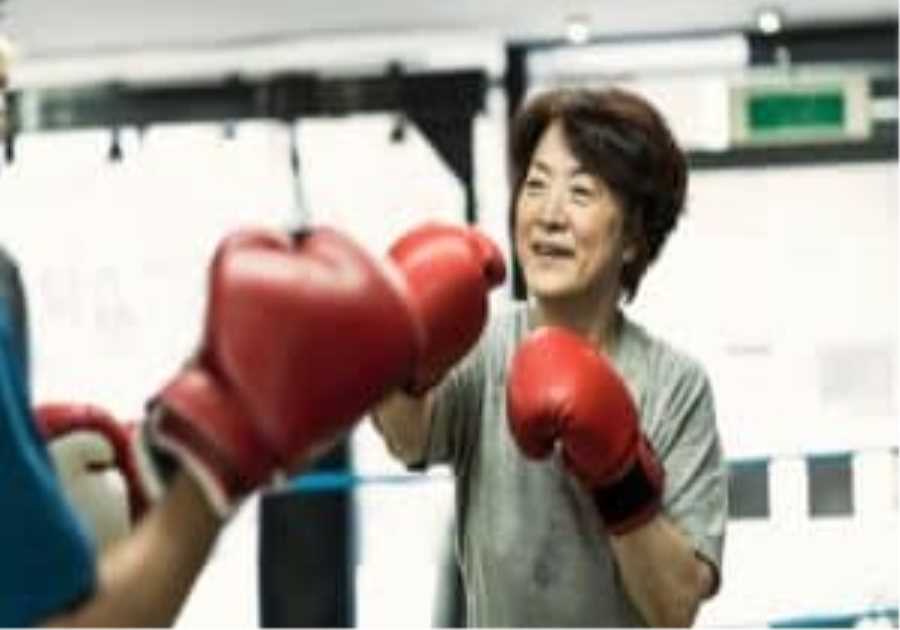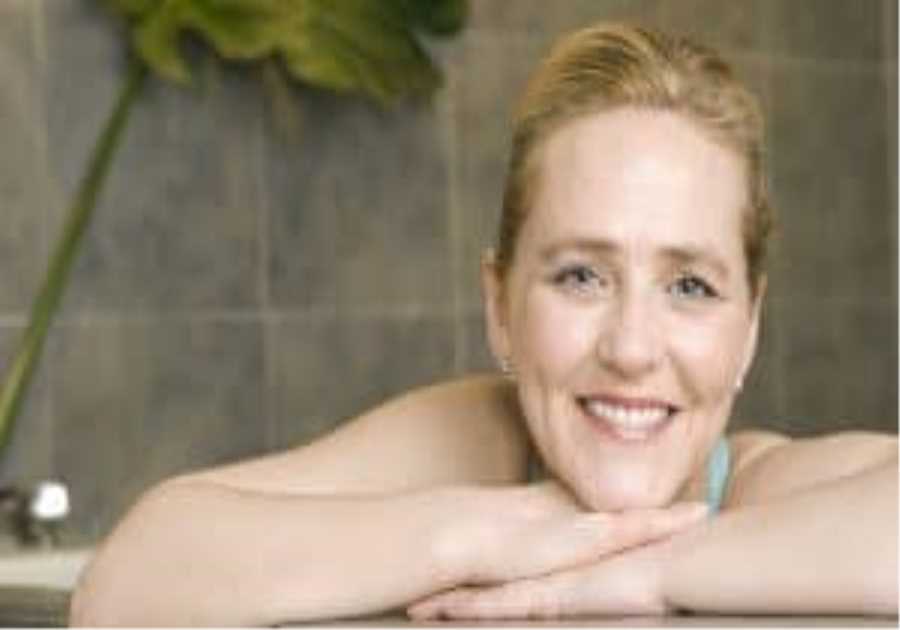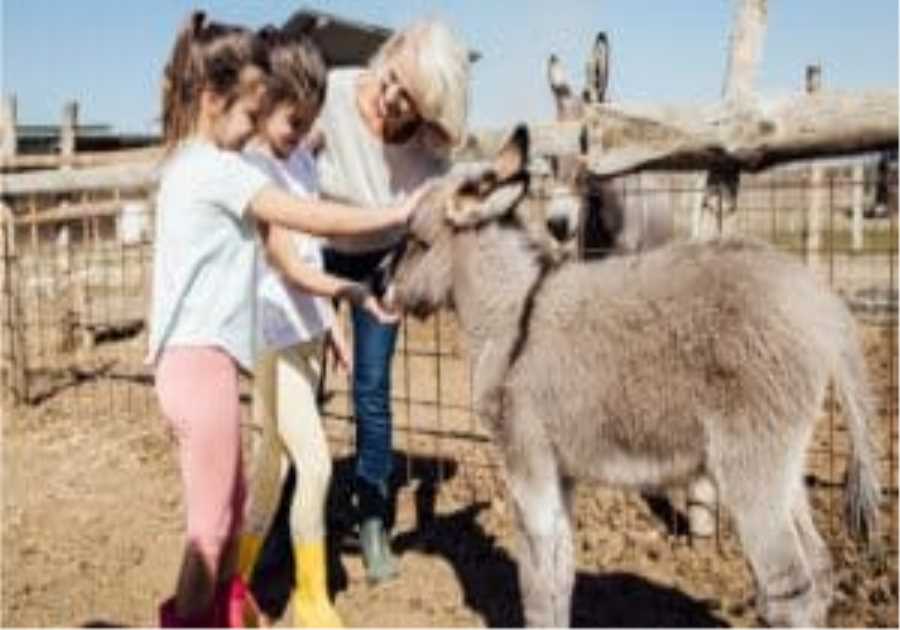
My husband and I were out of state, celebrating our wedding anniversary when his heart stopped beating. I was 39 years old and suddenly, despite my best efforts, I was a widow.
I had no clue how I was going to navigate this unfamiliar territory. A support group didn’t feel right for me, and neither did therapy.
I read a few books and articles and could immediately recognize whether the author had exclusively theoretical knowledge of grief, or if they had trudged first-hand through the darkness. I read less than a paragraph of the former. It felt sterile and textbook, and my life seemed anything but textbook.
My internet searches also turned up empty. I was searching for help that I perceived to be relevant to my situation. Someone who knew the journey, and specifically at a younger-than-usual age.
So, I did what I’ve always done when I had questions or needed help. I reached out to someone decades older than me.
Wisdom Came from a Friend with Dementia
Erma was already a dear friend. She was 95 at the time and living in an assisted living community. I visited her every few weeks.
She greeted me at her door, asked how I was doing, and no matter my response, she would put her hands on my face, look into my eyes, and conduct her own assessment. It felt like she could see into my soul.
To me, Erma was relevant. She had been a young widow, and later in life she was widowed again, and later lost an adult son. Unfortunately, Erma knew grief, and as a result, more than anything, I needed Erma.
She would say exactly what I needed to hear. “You can do this.” “You’re going to be okay.” “He is all around you.” “Everything is going to be okay.”
She would make simple, practical suggestions for how I could put one foot in front of the other, and these were exactly the steps I took during that first year. Erma was key in getting me through.
About a month prior to her passing, as we were saying goodbye for what would be the last time, she put her hands on my face and said, “You’re going to move forward.”
I replied, “I don’t want to,” to which she responded, “I know you don’t, but you will.” Her wisdom was remarkable.
Approximately 13 months after my first day as a widow, I attended Erma’s funeral where I learned that her dementia was far more advanced than I could have possibly imagined.
Our society expects nothing of people with dementia. Often, people living with dementia or other limitations expect nothing of themselves. They feel they have nothing left to contribute and some wonder why life continues. They quit living and they quit giving.
On the contrary, Erma believed that if you have a pulse, you have a purpose. Which may be why she had such a long life, since having a sense of purpose has been shown to impact longevity.
In a large scale, 4-year study of people average age 69, researchers discovered that those with the lowest life purpose were more than twice as likely to die in the follow up period compared with those in the highest life purpose category.
What if we each could be someone’s “Erma,” no matter our limitations? Perhaps your knowledge, skills, and experience, which may seem common sense or second nature to you, are exactly what someone else desperately needs.
But What if There Are Barriers?
Whether cognitive or physical in nature, limitations are real. They can become a massive barrier that is too big to see past, and the more we focus on them, the bigger they become. Albert Einstein is quoted as saying, “Once we accept our limits, we go beyond them.”
What if we redirect our focus, setting our sights on what we can do, despite any limitations? Listen to a child read, teach a new widow(er) to cook, call a friend who is navigating a tough time, or teach a vocational skill to someone about to enter the workforce, are but a few opportunities.
Once we choose to see past limitations and choose to believe that our knowledge, skills, and experiences are valuable, the possibilities become endless.
Take Inventory
Make a list of your skills, knowledge, and expertise. If you need help, ask a friend. Don’t skip tasks that are second nature or common sense to you – list everything.
Then, look over your list and choose to see the incredible value in it. Afterall, your list was decades in the making. Next, consider who might benefit from your knowledge and make the offer.
And what about when we need help ourselves? What if instead of going to the internet with a question or problem, we called on the people with the most life experience under their belt?
Not many generations ago, society did just that. When problems arose, people naturally sought the wisdom and experience of the oldest members of society. Many still do this in the hardware store today. Why don’t we do it in every aspect of life?
What prevents us from seeking the wisdom of older people? How have older members of society helped you? Do you help younger people when they seek assistance? Please share in the comments below.
------------------------------------
By: Teresa Beshwate
Title: How the Wisdom of the Older Generation Can Strip Limitations and Point to Longevity
Sourced From: sixtyandme.com/how-the-wisdom-of-the-older-generation-can-strip-limitations-and-point-to-longevity/
Published Date: Thu, 08 Jul 2021 18:30:00 +0000
Did you miss our previous article...
https://conservativedailytimes.com/lifestyle/12-bathroom-trends-on-the-way-out
.png)





